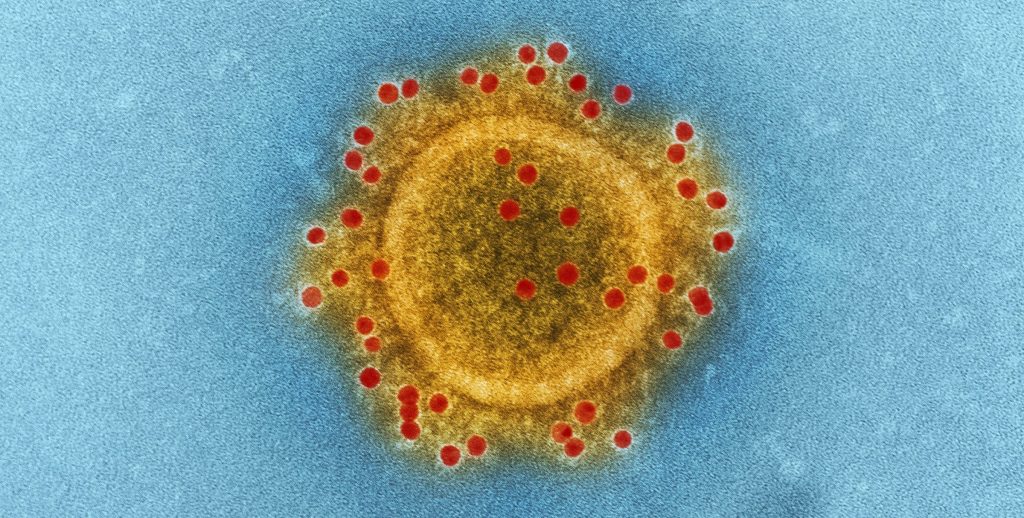Francoise Barre-Sinoussi and the discovery of HIV
Today – the 30th of July – is the birthday of French scientist Francoise Barre-Sinoussi, whose part in identifying HIV earned her a Nobel Prize in Physiology or Medicine in 2008. HIV has affected over 35 million people since the 1980s. Had Barre-Sinoussi and her colleague Luc Montagnier not discovered the virus so quickly, the fate of millions may have been very different.

“Never before has science and medicine been so quick to discover, identify the origin and provide treatment for a new disease entity,” the Nobel committee agreed. Barre-Sinoussi’s discovery meant that scientists could quickly develop a test to detect the virus, and could also develop drugs to dramatically increase the life expectancy of HIV positive patients.
Barre-Sinoussi did not allow her love of science to be hindered by the expense of medical school, which her family would struggle to afford, as she opted for the research route at the Faculty of Sciences at the University of Paris. It was here that she discovered her true passion of lab work, and, tired of the theory,she began applying to work in research laboratories.
Amidst the dozens of rejections, famous virologist Jean-Claude Chermann offered her a part time volunteering placement at the Pasteur Institute so she could continue with her studies, which she passed with flying colours. Her work would focus on finding connections between retroviruses, cancer and leukaemia in animals, so when a clinician named Willy Rozenbaum delivered a lunchtime lecture at Pasteur about a mysterious new disease killing his patients, he was pointed in the direction of Montagnier and Barre-Sinoussi.
Chermann met Montagnier and Barre-Sinoussi in December 1982 and they agreed to do some research, and by earlier 1983 the disease was identified and named lymphadenopathy-associated virus, which would later be renamed as the human immunodeficiency virus, HIV.
“So many people ask me if we were excited about the discovery, but so many young people were dying,” Barre-Sinoussi told CNN. Lack of understanding meant that hospitals were too afraid to accept HIV positive patients, and young men would travel to Pasteur often with only a suitcase and no money.
“They just wanted to be close to the place that made the discovery,” she said. “We knew we had to work to do, and it was urgent.”
Even after such a discovery and the honour of a Nobel prize, retirement is not an option for Barre-Sinoussi. She continues to fight HIV, whether teaching doctors around the world about the virus, or fighting stigma and providing care as the president of the International AIDS Society.
“This is a good thing of the Nobel Prize, it is easier for me to get an appointment with the first lady or the president of the country,” Barre-Sinoussi says. “It gives me the opportunity to try to be the voice for others. This is something that for me seems to be my responsibility, my duty.”
The incredible courage and determination with which Barre-Sinoussi continues to fight HIV with is truly humbling, especially as the greatest factor in spreading HIV is those unaware that they are HIV positive. One in four HIV positive people in the UK are unaware of their condition, and so are far more likely to transmit the virus to others.
Regular testing for HIV, especially if you have unprotected sex with new or casual partners, would identify these people and dramatically reduce infection rates. And if going to your GUM clinic or doctors does not appeal to you, there are alternatives such as Better2Know. Better2Know are completely confidential, you do not even have to use your real name, and the clinics you can go to host patients for a wide array of medical issues, so no one need know why you are there. Do not make excuses; get tested.
Categories
- Awards
- Bacterial Vaginosis
- Blood Tests
- Cardiovascular Health
- Cervical Cancer
- Chlamydia
- Condoms
- Covid-19
- Gardnerella
- Genital Warts
- Gonorrhoea
- Health and Wellness
- Hepatitis A
- Hepatitis B
- Hepatitis C
- Herpes
- HIV
- HIV (AIDS)
- Home Testing
- HPV
- Instant Testing
- MSM
- Mycoplasma
- News
- Non-Specific Urethritis
- PAP Smear
- Pre-Pregnancy
- Sexual Health
- STD Symptoms
- STD Tests and Screens
- STI Transmission
- Stigma
- STIs
- Swab Tests
- Syphilis
- Trichomonas
- Ureaplasma
- WSW
- Zika
